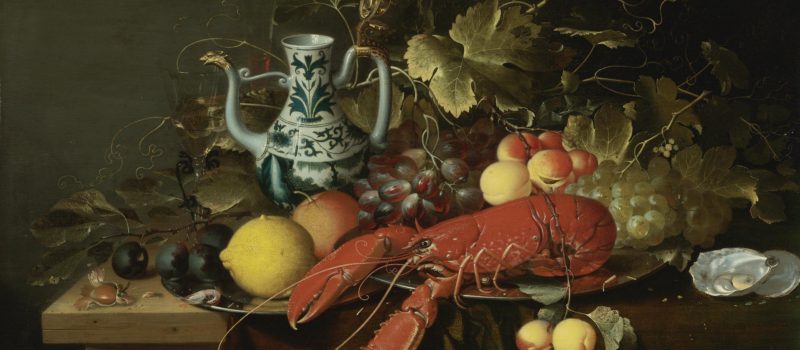“For is there any practice less selfish, any labor less alienated, any time less wasted, than preparing something delicious and nourishing for people you love?”
Michael Pollan, Cooked: A Natural History of Transformation
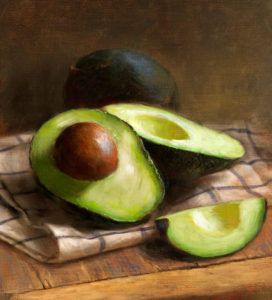 Food traditions, from agricultural practices to the presentation and sharing of a meal, are among the most distinctive and diverse characteristics of human beings. The variations we find from culture to culture and even from region to region within the same culture speak to the rich variety of possibilities that our need for food has given birth to, and the amazing creativity of our ancestors in making use of what was available to them to create tasty and nourishing meals. In addition, food traditions allow for inter-generational companionship, for example between elderly relatives with a recipe or technique to share, and young children or teens with a willingness to learn from the wisdom of the past. Rooted in skills that take attention and practice, and drawing on a rich body of knowledge, food traditions also allow endless space for ingenuity and experimentation, and today’s cooks continue to invent new ways to think about and use the ingredients we find in our world.
Food traditions, from agricultural practices to the presentation and sharing of a meal, are among the most distinctive and diverse characteristics of human beings. The variations we find from culture to culture and even from region to region within the same culture speak to the rich variety of possibilities that our need for food has given birth to, and the amazing creativity of our ancestors in making use of what was available to them to create tasty and nourishing meals. In addition, food traditions allow for inter-generational companionship, for example between elderly relatives with a recipe or technique to share, and young children or teens with a willingness to learn from the wisdom of the past. Rooted in skills that take attention and practice, and drawing on a rich body of knowledge, food traditions also allow endless space for ingenuity and experimentation, and today’s cooks continue to invent new ways to think about and use the ingredients we find in our world.
“Cooking is all about connection, I’ve learned, between us and other species, other times, other cultures (human and microbial both), but, most important, other people. Cooking is one of the more beautiful forms that human generosity takes; that much I sort of knew. But the very best cooking, I discovered, is also a form of intimacy.”
Michael Pollan, Cooked: A Natural History of Transformation
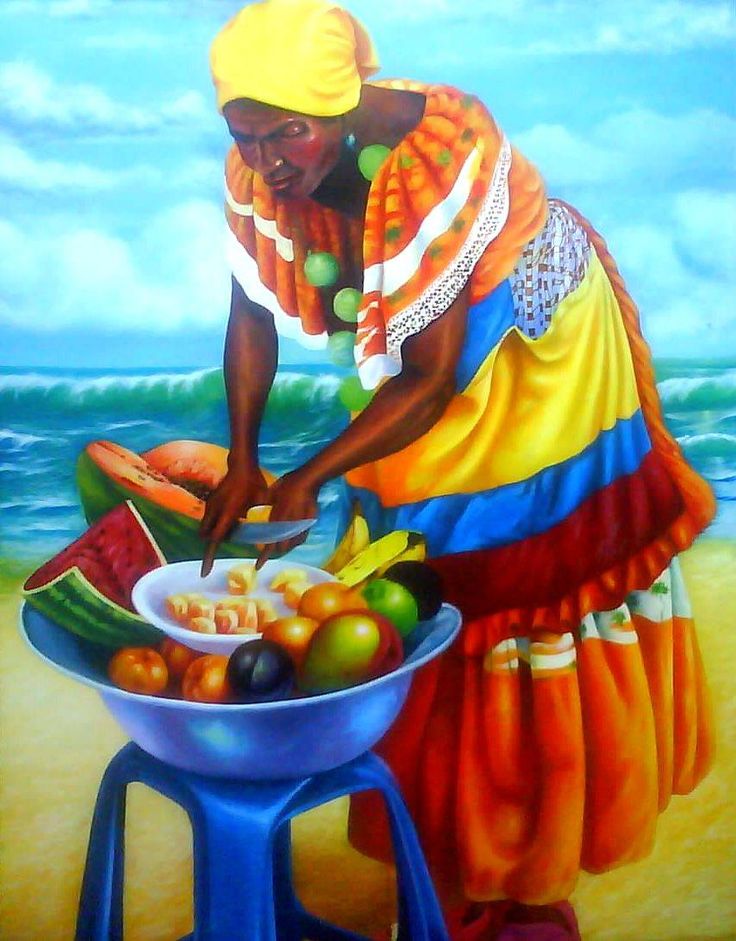
Yet, unfortunately, certain socio-economic factors have prevented many young women, in particular women of color, from having equal access to quality ingredients and other resources. Due to the prevalence of food deserts, and the high cost of fresh ingredients, many of today’s students never have the chance to explore the exciting world of cooking for themselves. In addition, the busy, fast-paced, and hard-working life that characterizes NYC makes it increasingly more difficult for parents and grandparents to find time and energy to share their food knowledge and wisdom with the younger generation.
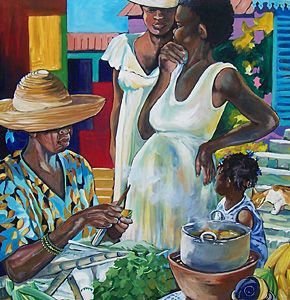 Here at SJHS, we hope to provide an opportunity for our students to re-discover the “joy of cooking.” Along the way, we will seek to encourage an interest in sustainable agricultural practices, an awareness of and appreciation for the complexity of the natural world and the fragility of the ecosystems we depend on for much of our food, clothing, homes and other resources, and a hands-on understanding of the basic principles of nutrition. We hope to help our students discover for themselves the beauty of the art of cooking through the sensory experiences of color, shape, texture, taste, and smell, as they develop fundamental cooking skills.
Here at SJHS, we hope to provide an opportunity for our students to re-discover the “joy of cooking.” Along the way, we will seek to encourage an interest in sustainable agricultural practices, an awareness of and appreciation for the complexity of the natural world and the fragility of the ecosystems we depend on for much of our food, clothing, homes and other resources, and a hands-on understanding of the basic principles of nutrition. We hope to help our students discover for themselves the beauty of the art of cooking through the sensory experiences of color, shape, texture, taste, and smell, as they develop fundamental cooking skills.
“Cooking…situates us in the world in a very special place, facing the natural world on one side and the social world on the other. The cook stands squarely between nature and culture, conducting a process of translation and negotiation. Both nature and culture are transformed by the work. And in the process, I discovered, so is the cook.”
Michael Pollan, Cooked: A Natural History of Transformation
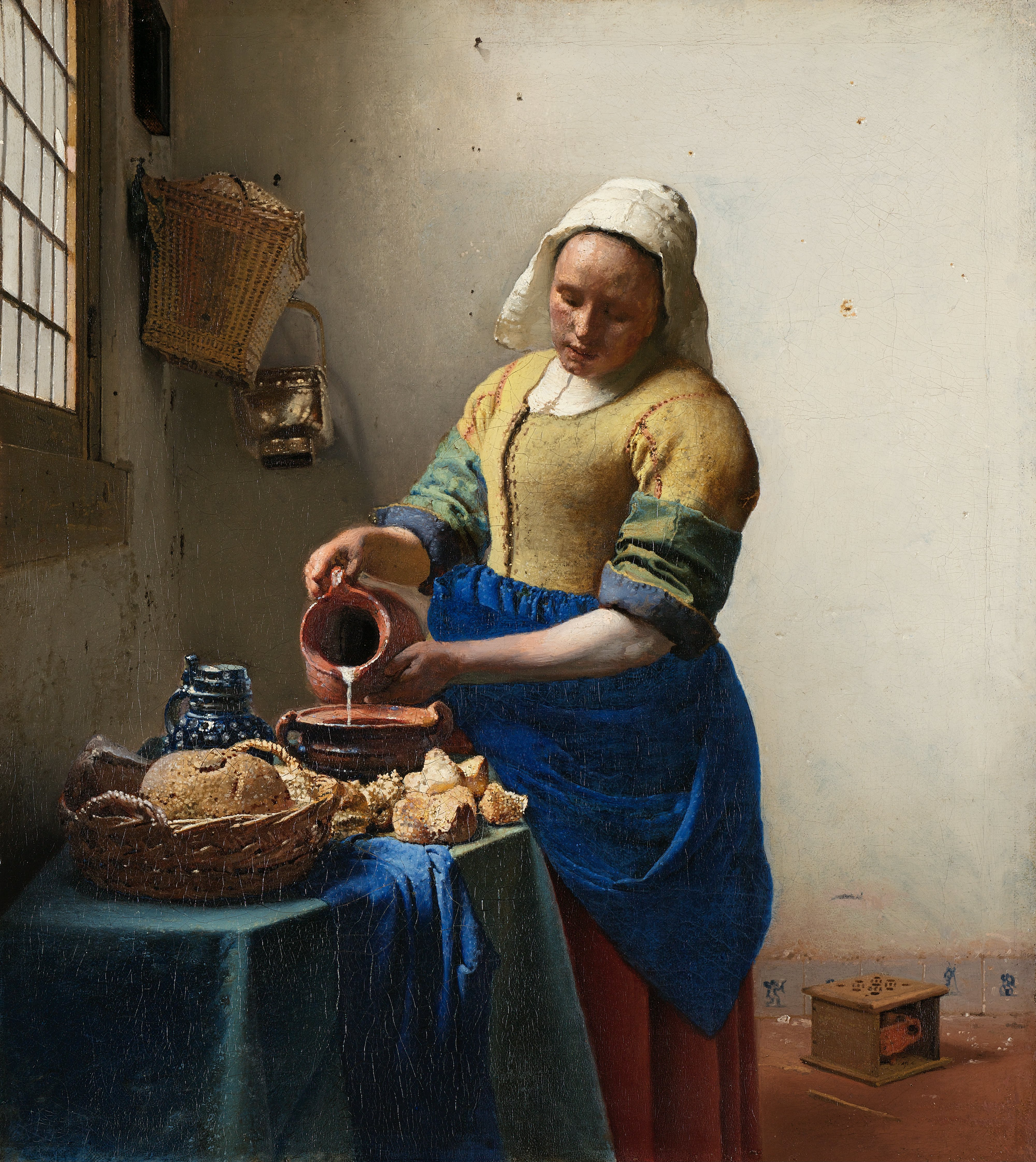
Mr. Sennet and Ms. Tomassi, the Cooking Club coordinators, are hard at work preparing for the launch of the club. They are using books such as the well-known Food Rules: An Eater’s Manual by Michael Pollan, and Ruhlman’s Twenty, a collection of twenty essential cooking concepts and techniques that form the basis of all cooking, to develop fun and engaging learning activities. In addition, they are asking students for ideas about what they want to learn in Cooking Club, so the club can respond well to our specific school community. Listen for announcements on the loudspeaker! Once the club is launched, it will meet weekly on Wednesday afternoons throughout the academic year, and may also offer occasional weekend workshops in which our students can spend more time seeing a meal through to completion.
Are you a restaurant owner, chef, farmer or supermarket manager who is interested in supporting this new initiative at St. Joseph High School? Contact Mr. Sennet at [email protected], or fill out this info form.

